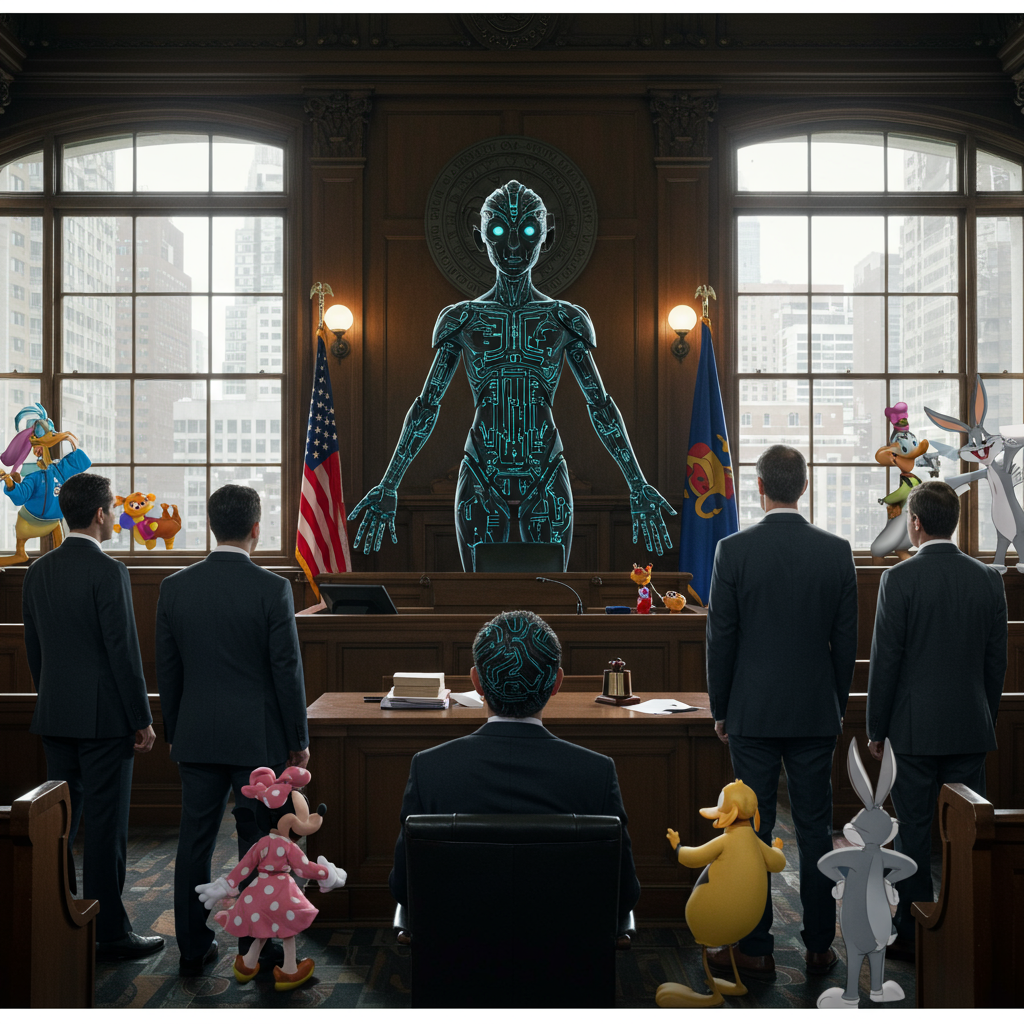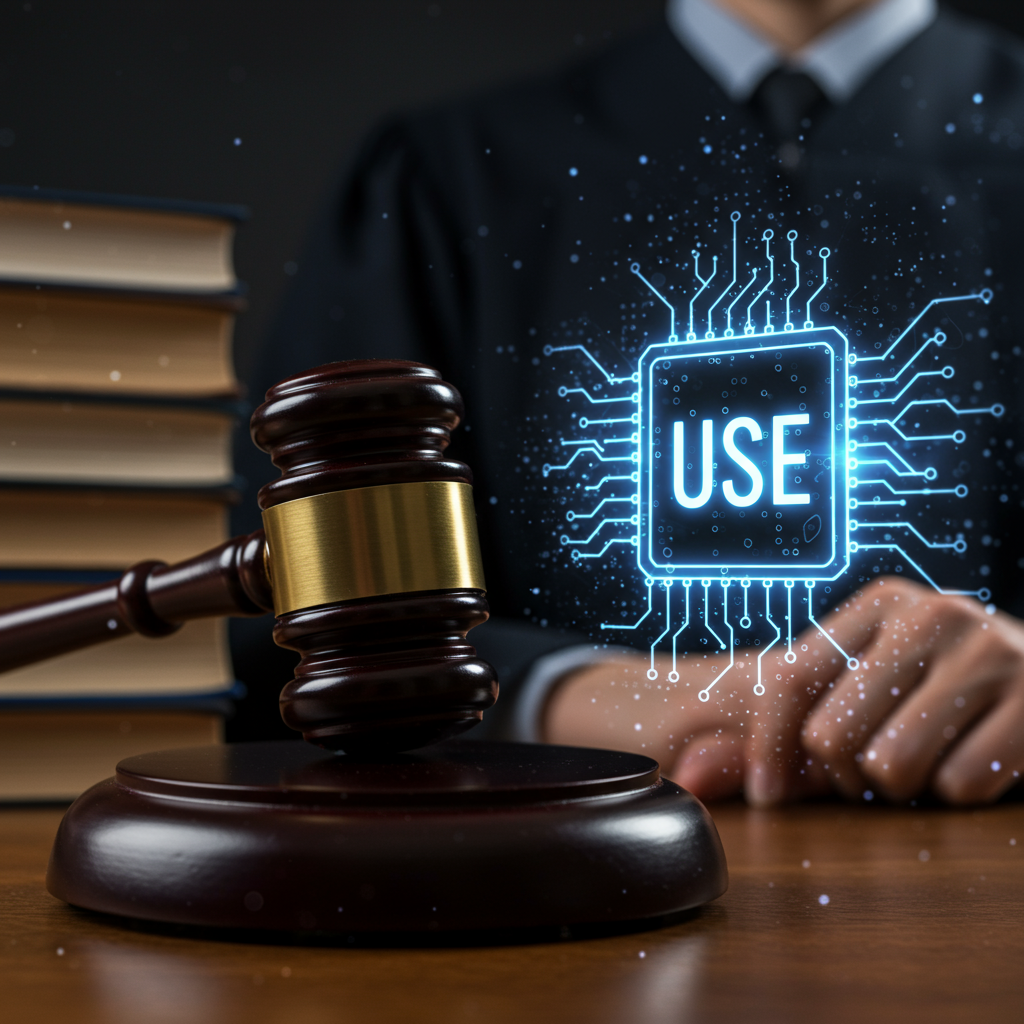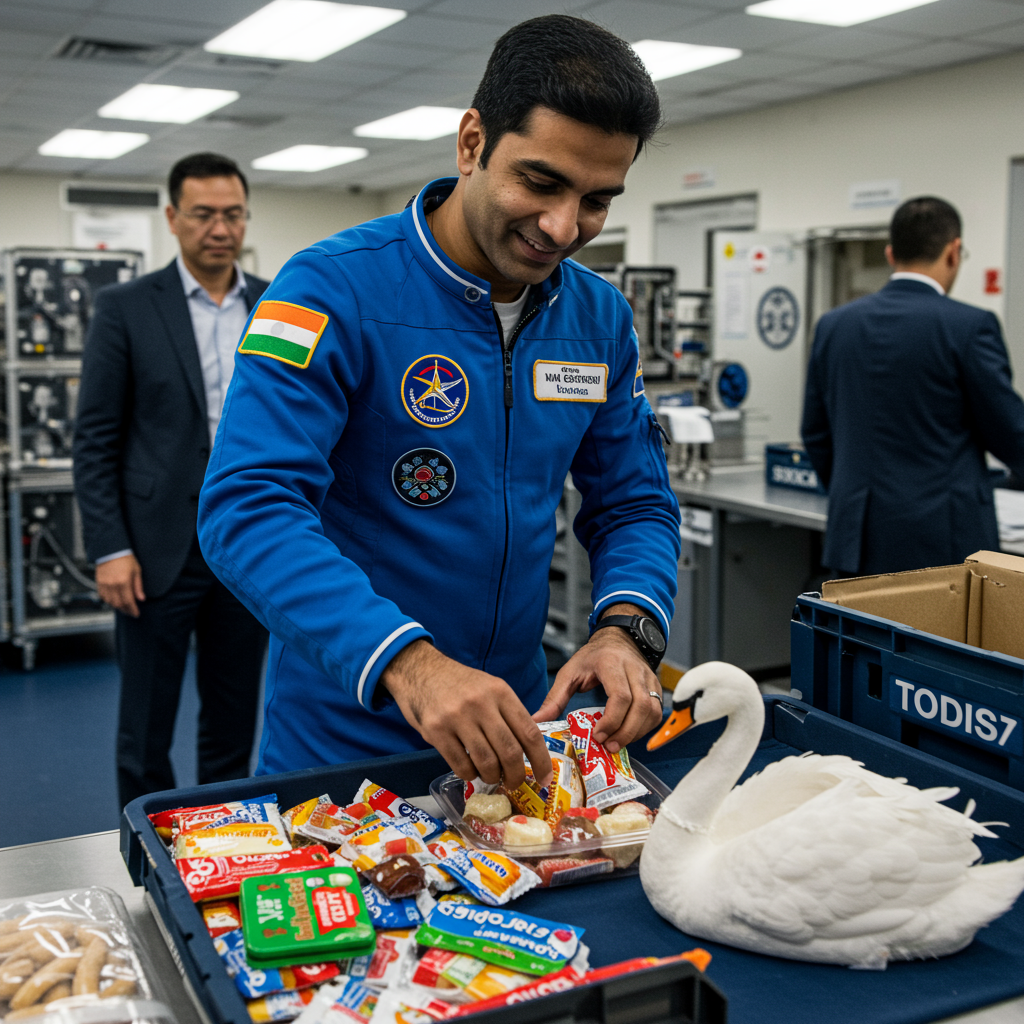Two of Hollywood’s biggest players, Disney and Universal, are taking on artificial intelligence (AI) image generator firm Midjourney in a landmark lawsuit. The entertainment giants are alleging that Midjourney’s popular tool is a “bottomless pit of plagiarism,” producing countless unauthorized copies of beloved, copyrighted characters from their vast libraries.
Filed in federal district court in Los Angeles, the comprehensive lawsuit represents the first major legal showdown between Hollywood studios and a generative AI company over intellectual property theft. The plaintiffs include a formidable group: Disney Enterprises, Marvel Characters, Lucasfilm, Twentieth Century Fox, Universal City Studios, and DreamWorks Animation.
Allegations of Widespread Infringement
The studios claim Midjourney’s AI engine, which generates images from user text prompts, is trained on and reproduces “innumerable” and “endless unauthorized copies” of their famous characters. Examples cited in the 110-page complaint include iconic figures like Darth Vader and Yoda from Star Wars, Elsa from Frozen, the Minions from Despicable Me, and Shrek and Homer Simpson. They also highlight Marvel characters such as Spider-Man, the Incredible Hulk, and Iron Man, alongside characters from films like Cars and The Little Mermaid.
According to the lawsuit, users can simply type prompts requesting images of these characters, and Midjourney allegedly generates high-quality, downloadable images featuring the copyrighted intellectual property. The studios contend that Midjourney operates like a “virtual vending machine” producing infringing content, and newer versions of the service are reportedly capable of creating “even higher quality infringing images.”
Prior to filing the lawsuit, Disney and Universal allege they contacted Midjourney to stop generating these character images or implement technological measures to prevent their creation – safeguards adopted by other AI services. However, they claim Midjourney disregarded these requests, prioritizing its “own bottom line.”
Studios’ Stance: Balancing AI Potential and Piracy
The legal action comes amid the entertainment industry’s complex and often contentious relationship with AI. While many studios are exploring and utilizing AI in various aspects of production – from voice alteration in films like “Emilia Perez” and “The Brutalist” to de-aging actors like Tom Hanks and Harrison Ford – there remains significant concern over the potential for creative properties to be stolen or misused. This concern previously fueled industry-wide strikes by actors and writers partly seeking protections against emerging technologies like AI.
Disney’s chief legal officer, Horacio Gutierrez, voiced optimism about AI’s potential as a tool to “further human creativity” when used responsibly. However, he drew a firm line against infringement, stating clearly: “piracy is piracy, and the fact that it’s done by an AI company does not make it any less infringing.” The studios argue that Midjourney’s actions amount to “bootlegging” and “misappropriating” their intellectual property, posing a direct threat not only to them but also to the fundamental incentives of U.S. copyright law and the American motion picture industry, which contributes over $260 billion to the national economy.
Midjourney: The Company in the Spotlight
Midjourney, a San Francisco-based startup, describes itself as a “small self-funded team” with fewer than a dozen full-time employees, operating as an “independent research lab.” The firm is led by David Holz, who previously founded Leap Motion. Notable advisors include former Github CEO Nat Friedman and Second Life founder Philip Rosedale.
The lawsuit notes Midjourney’s financial success, claiming the company made $300 million (£221m) in revenue last year alone and is reportedly planning to launch a video service soon. As of the reporting of the lawsuit, Midjourney had not immediately responded to requests for comment. CEO David Holz has reportedly indicated he cannot discuss ongoing legal matters but expressed confidence in the company’s longevity.
Legal Battleground: What’s at Stake
Legal experts acknowledge the complexity of the case. Syracuse University law professor Shubha Ghosh observed that many Midjourney images appear to be direct copies of copyrighted characters, often just placed in new settings rather than being transformed creatively. While copyright law allows building on existing works, it typically requires adding something new.
Randy McCarthy, head of the IP Law Group at Hall Estill, cautioned that no litigation is a “slam dunk,” including this case. Issues like Midjourney’s terms of service and fair use analysis will need to be resolved by the court before the likely outcome can be determined.
The studios are seeking unspecified monetary damages, with one report citing potential damages up to $20 million. Beyond financial penalties, they are seeking a court order to legally compel Midjourney to stop generating images featuring their copyrighted characters in the future. They also aim to prevent Midjourney from launching its planned video service unless “appropriate copyright protection measures” are implemented. The plaintiffs have demanded a jury trial.
This case joins a growing number of copyright lawsuits against generative AI companies in various sectors, including news organizations (The New York Times vs OpenAI/Microsoft), music companies (Sony Music vs Suno/Udio), and stock photo agencies (Getty Images vs Stability AI). The outcome of the Disney/Universal lawsuit against Midjourney could set a significant precedent for how existing copyright law applies to AI-generated content within the creative industries and how Hollywood interacts with AI moving forward.




